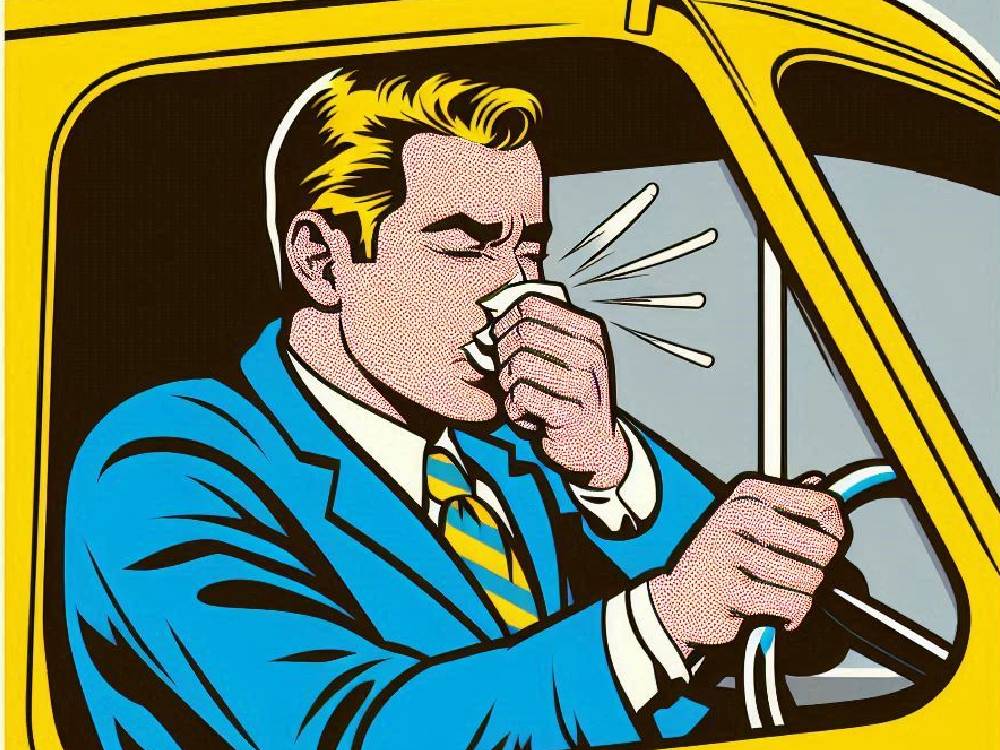Today we bring you a sad story about a sneezing lorry driver.
You may have heard the tragic news already, but if you haven’t, then let this serve as a stark warning.
What Reacting Too Late Can Cost You
The tragic incident of a van driver becoming blind in one eye, and suffering brain damage, happened nearly 3 years ago.
However, the man who was the cause of the accident has just been sentenced.
The event happened due to a lorry driver suffering a sneezing fit.
His reactions were too slow, and unfortunately, he did not slow down in time.
This resulted in a crash between his lorry and the van driver.
It has also been reported that the lorry driver was using cruise control.
Unfortunately, after three years, the van driver, Mr Steven Hurst, still suffers from severe memory loss.
The Price to Pay
The lorry driver will spend a year in prison for his mistake, as well as a driving ban lasting two years.
On top of this, he will carry out 80 hours of work (unpaid).
He will also follow the rules of a strict curfew for half a year, as his sentence has been deferred for 15 months.
However, there is clear remorse from Colin Shaw, as he has accepted his mistake and declared he did not react quickly enough.
He agreed that despite traffic being clear to see for nearly half of a mile, he did not use his brakes in time and was too slow to do so.
A sobering admission.
Van Drivers, Be Vigilant
We know this could happen to any motorist out there, but lorry and van drivers, in particular, deal with long hours.
The tiring effects can be detrimental to driving confidence and ability.
We have even heard about people getting into accidents due to wasps in the car, or something similar.
Our sympathies go out to Mr Hurst and his family.
It is tragic and cannot be helped, but perhaps being aware of what could go wrong can help.
Should things take a tragic turn of events, you’re going to want to make sure you’re covered by good insurance.
Fill out this quick 3-minute form to see how you gain just that, as well as make a saving.










